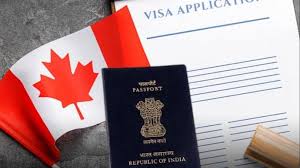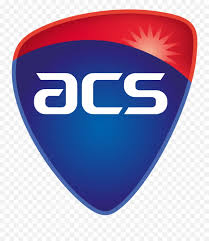Canada relaxed Super Visa insurance rules.

Canada relaxed Super Visa insurance rules.
Canada has broadened health insurance options for Super Visa applicants, making it easier for parents and grandparents to visit for extended periods. Effective January 28, 2025, applicants can use health insurance from non-Canadian providers, provided those providers meet specific criteria.
Key Changes:
Expanded Insurance Options: Super Visa applicants are no longer restricted to Canadian insurance providers. They can now use non-Canadian companies, offering greater choice and potentially more competitive rates.
Requirements for Non-Canadian Insurers: To be accepted, a non-Canadian insurer must:
Be authorized by the Office of the Superintendent of Financial Institutions (OSFI) under the Insurance Companies Act to provide accident and sickness insurance.
Be listed on the OSFI's list of federally regulated financial institutions.
Issue or make the policy during the course of its insurance business in Canada (the policy must include a statement confirming this).
Existing Insurance Requirements Remain: Regardless of whether the insurance is from a Canadian or non-Canadian provider, the policy must:
Be valid for at least one year from the entry date.
Be paid in full or in installments with a deposit.
Cover healthcare, hospitalization, and repatriation.
Provide a minimum healthcare coverage of $100,000.
Proof of Insurance: Super Visa holders must present proof of insurance payment to border services officers each time they enter Canada.
Verifying a Non-Canadian Provider:
OSFI List: Confirm the insurer is listed on the OSFI's list of federally regulated financial institutions. This is the first and most important step.
Contact OSFI: If you need further confirmation, email OSFI ([email protected]) with detailed information about the insurer and your needs. OSFI aims to respond within 15 days.
Policy Wording: Ensure the policy explicitly states that it was issued in the course of their business in Canada. This is a crucial requirement.
Super Visa Overview:
Purpose: The Super Visa allows parents and grandparents of Canadian citizens and permanent residents to visit Canada for extended periods, up to 5 years at a time, with a possible 2-year extension.
Benefits: The Super Visa offers a faster and more certain route for extended visits compared to the Parents and Grandparents Program (PGP).
Eligibility:
Applicants must be outside Canada when applying and have the visa printed outside Canada.
Applicants must be admissible to Canada, undergo a medical exam, and have valid health insurance.
The host (child or grandchild) must be a Canadian citizen, permanent resident, or registered Indian, be at least 18 years old, meet minimum income requirements, and provide a written promise of financial support.
Alternatives: Visitors can stay in Canada for up to six months without a Super Visa.The PGP is a pathway to permanent residency but uses a lottery system and has longer processing times.






























